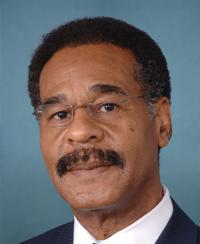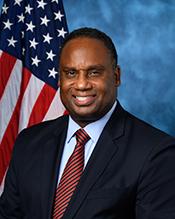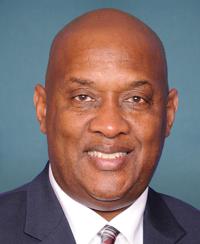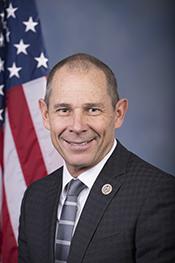H.R. 1354: Justice for All Act of 2025
The "Justice for All Act of 2025" seeks to strengthen and clarify protections against discrimination in various areas of society. The bill proposes several key amendments to existing laws, particularly the Civil Rights Act of 1964. Below are the main components of the bill:
Private Right of Action for Discriminatory Practices
The bill reinstates the ability for individuals who have experienced discriminatory practices to take legal action. This applies specifically to cases of disparate impact, where policies or practices may not be intentionally discriminatory but disproportionately affect certain groups based on characteristics such as race, sex, and age.
Enhanced Protections Against Discrimination
The bill aims to clarify existing protections against discrimination, making it explicit that individuals are protected from unfair treatment in various settings based on:
- Race
- Sex
- Age
- Religion
- Ethnicity
Prohibition of Law Enforcement Profiling
One of the critical aspects of the legislation is the prohibition against profiling by law enforcement based on race, ethnicity, religion, and other characteristics. This means that law enforcement agents are barred from using these characteristics as the basis for stopping, searching, or detaining individuals.
Civil Action Against Violators
The bill empowers individuals to take civil action against law enforcement agencies or officers who engage in profiling. This includes the ability to seek legal remedies for harm experienced as a result of such practices.
Definition of Law Enforcement Activities
The bill outlines what constitutes law enforcement activities and specifies the mechanisms for enforcing the prohibitions against profiling. It aims to create a clearer framework for understanding acceptable law enforcement practices and the accountability measures for breaches.
Remedies for Victims
Victims of unlawful profiling will be entitled to remedies. This means that individuals affected by discriminatory practices will have avenues available for seeking justice and compensation for their experiences.
Enforcement Mechanisms
The legislation details various enforcement mechanisms to ensure compliance with the new regulations, thereby promoting accountability among law enforcement agencies and ensuring that victims can pursue recourse for violations.
Relevant Companies
- GOOGL (Alphabet Inc.): As a major technology company involved in data analytics and surveillance, GOOGL could be impacted by the new restrictions on law enforcement profiling, influencing how they collaborate with law enforcement agencies.
- ADBE (Adobe Inc.): Adobe provides software solutions that may be used in law enforcement contexts for data management and analysis. The bill's implications on profiling could affect how these tools are utilized and developed.
This is an AI-generated summary of the bill text. There may be mistakes.
Sponsors
18 bill sponsors
-
TrackRashida Tlaib

Sponsor
-
TrackAlma S. Adams

Co-Sponsor
-
TrackEmanuel Cleaver

Co-Sponsor
-
TrackCleo Fields

Co-Sponsor
-
TrackValerie P. Foushee

Co-Sponsor
-
TrackMaxwell Frost

Co-Sponsor
-
TrackJesús G. "Chuy" García

Co-Sponsor
-
TrackAl Green

Co-Sponsor
-
TrackJonathan L. Jackson

Co-Sponsor
-
TrackHenry C. "Hank" Johnson, Jr.

Co-Sponsor
-
TrackSydney Kamlager-Dove

Co-Sponsor
-
TrackSummer L. Lee

Co-Sponsor
-
TrackLaMonica McIver

Co-Sponsor
-
TrackGregory W. Meeks

Co-Sponsor
-
TrackKweisi Mfume

Co-Sponsor
-
TrackEleanor Holmes Norton

Co-Sponsor
-
TrackAyanna Pressley

Co-Sponsor
-
TrackDelia C. Ramirez

Co-Sponsor
Actions
2 actions
| Date | Action |
|---|---|
| Feb. 13, 2025 | Introduced in House |
| Feb. 13, 2025 | Referred to the Committee on the Judiciary, and in addition to the Committee on Education and Workforce, for a period to be subsequently determined by the Speaker, in each case for consideration of such provisions as fall within the jurisdiction of the committee concerned. |
Corporate Lobbying
0 companies lobbying
None found.
* Note that there can be significant delays in lobbying disclosures, and our data may be incomplete.




























